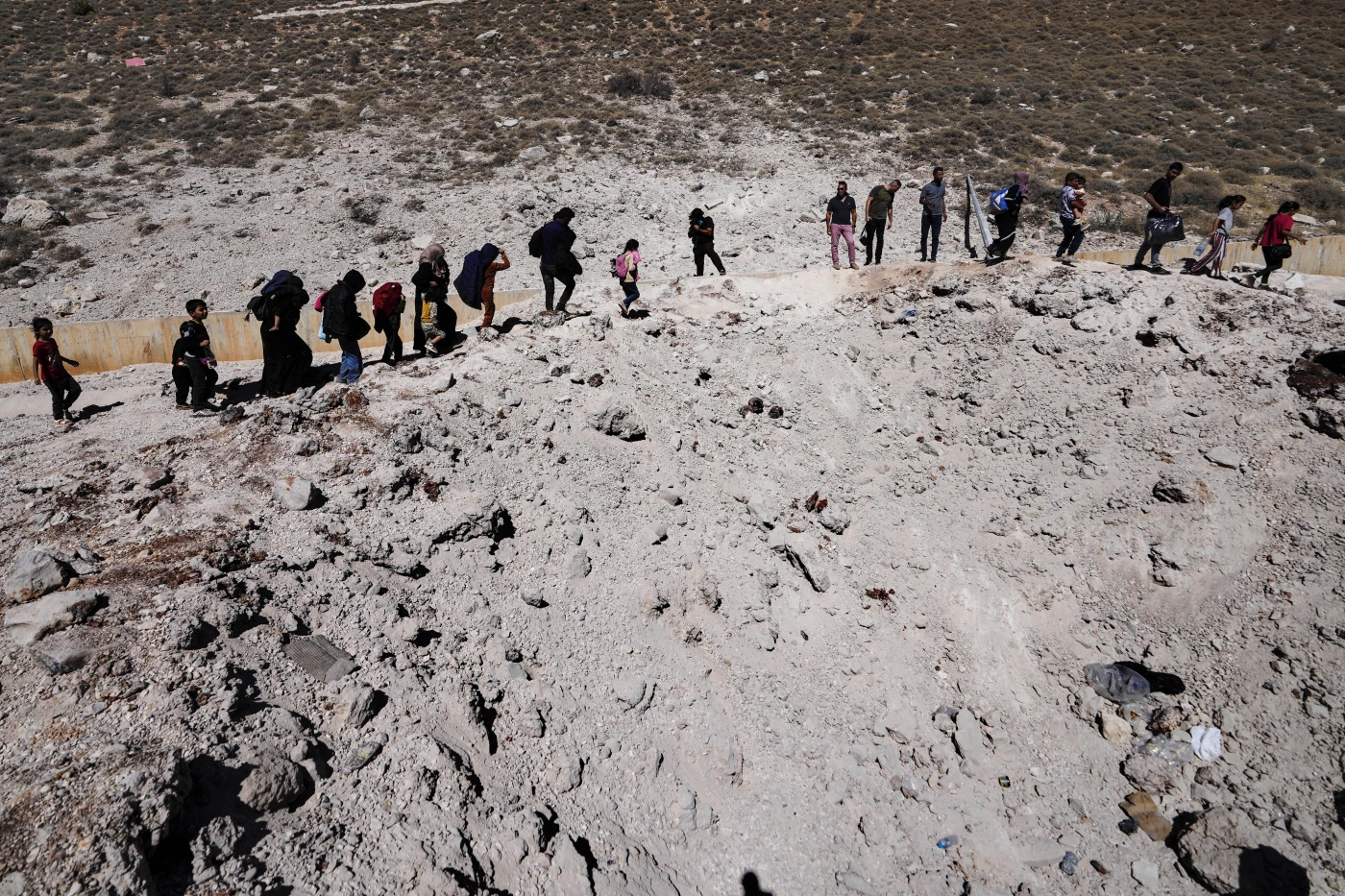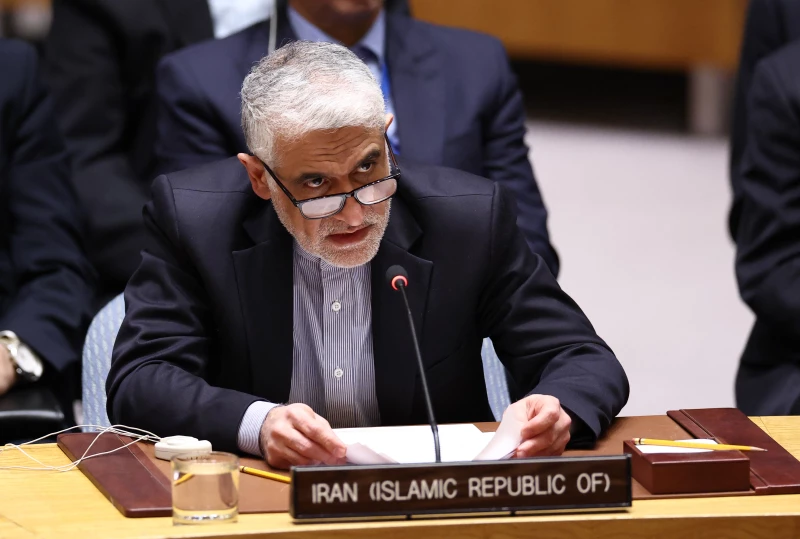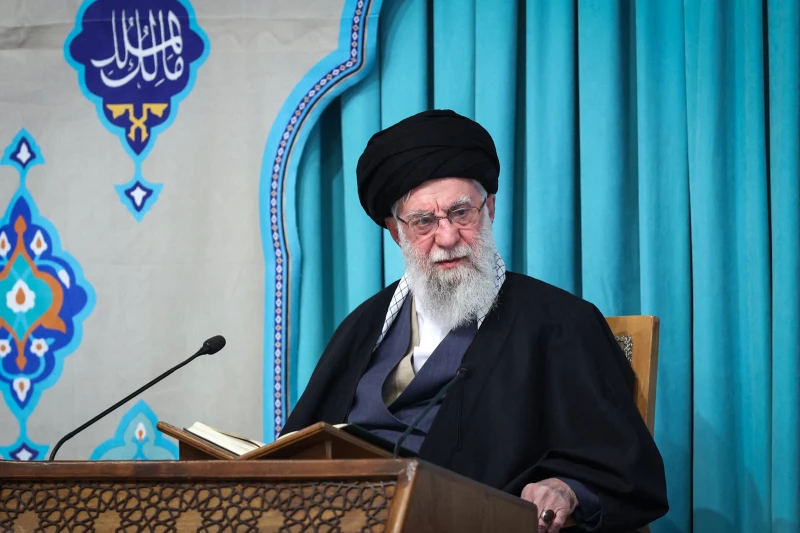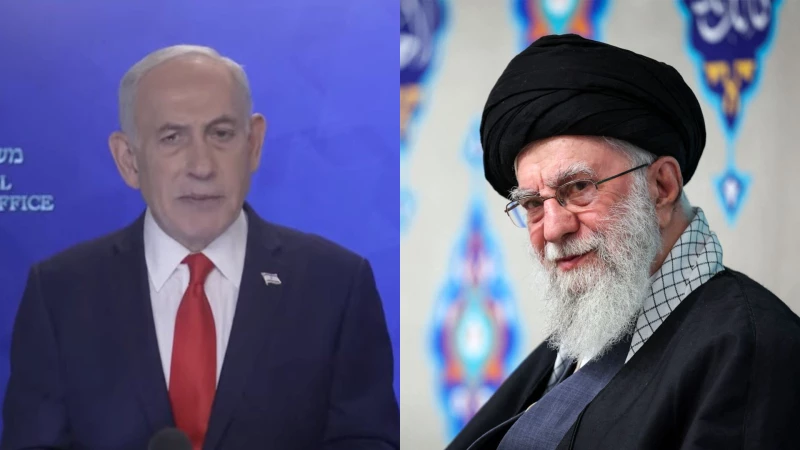DUBAI, UAE - Iraq’s Border Ports Authority announced that the number of Lebanese citizens who have sought refuge in Iraq amid the ongoing war on Lebanon has reached 18,000. Iraqi officials are working to ensure a smooth process for their arrival, including providing humanitarian and medical assistance.
“The authority’s efforts are ongoing, in cooperation with other departments, to welcome Lebanese citizens in groups, in line with the Prime Minister’s decision to grant free entry visas to Lebanese citizens and provide them with all necessary assistance,” Alaa al-Din al-Qaisi, spokesperson for the Border Ports Authority, told the Iraqi state media on Sunday.
He added that the number of Lebanese arrivals from September 27 to November 10 has now exceeded 18,000.
As the war in southern Lebanon, eastern Lebanon, and parts of Beirut escalates, thousands have fled their homes. Many initially sought refuge in northern Lebanon before crossing borders into neighboring countries. Lebanese citizens are also seeking shelter in Syria, Iran, Egypt, and Gulf states, with some traveling abroad to access medical treatment.
Last Tuesday, the Ministry of Interior confirmed that Iraq had received over 36,000 Lebanese refugees since the escalation began. Miqdad Miri, the ministry’s spokesperson, said in a press conference that “more than 36,000 Lebanese have come to Iraq during the past period,” adding that “11,000 of them have since departed.”
Iraq, which announced its support for Lebanon early in the war, has taken steps to accommodate the influx of Lebanese refugees. Prime Minister Mohammed Shia’ al-Sudani directed that aid and medical teams be sent to Beirut, waived entry visa requirements, and opened Iraq’s borders to Lebanese people.
The city of Najaf proposed an initiative to appoint Lebanese citizens to public sector jobs within the state.
Ali Abbas Jihangir, spokesperson for the Ministry of Migration and Displacement, outlined the Iraqi government’s three-tiered plan for accommodating refugees. The plan, finalized last month, includes short-term, medium-term, and long-term scenarios, depending on how long Lebanese citizens may need to stay in Iraq.
Emergency accommodation has already been arranged to house incoming refugees, with dedicated committees coordinating with other ministries and agencies to address their immediate needs.
“If Lebanese guests remain in Iraq for a prolonged period, long-term measures will be implemented based on the regional situation,” Jihangir said. “This includes the construction of dedicated camps to shelter them until the crisis in their country is resolved, ensuring all daily necessities are provided.”



 Facebook
Facebook
 LinkedIn
LinkedIn
 Telegram
Telegram
 X
X


